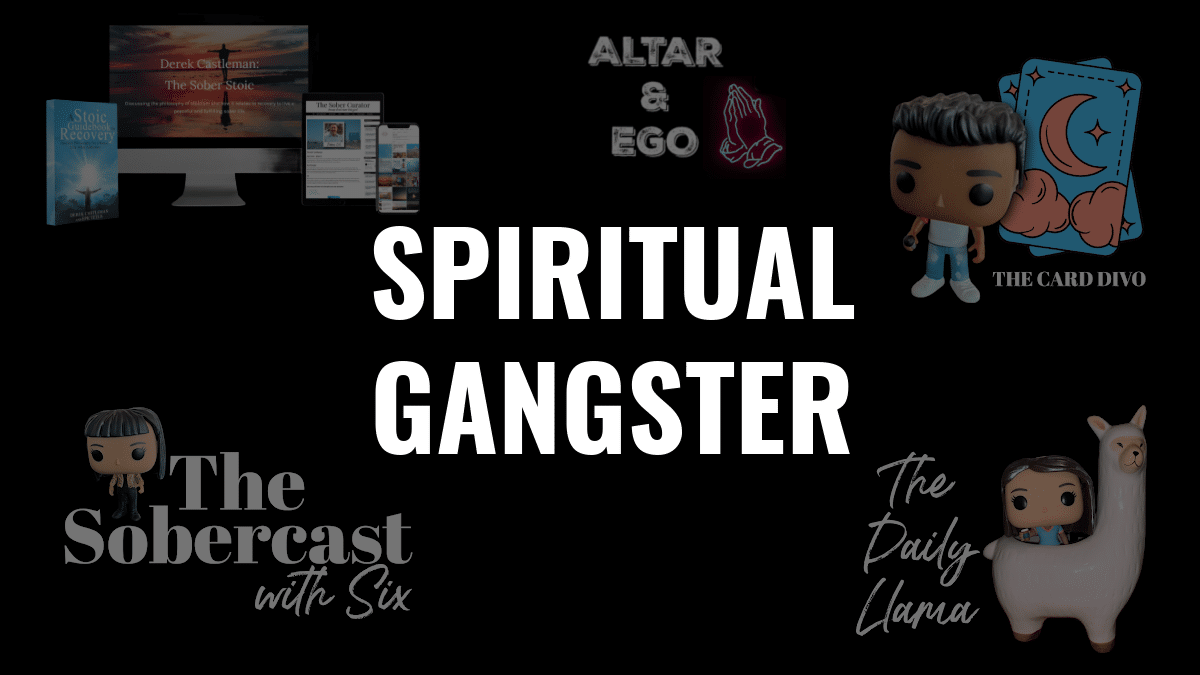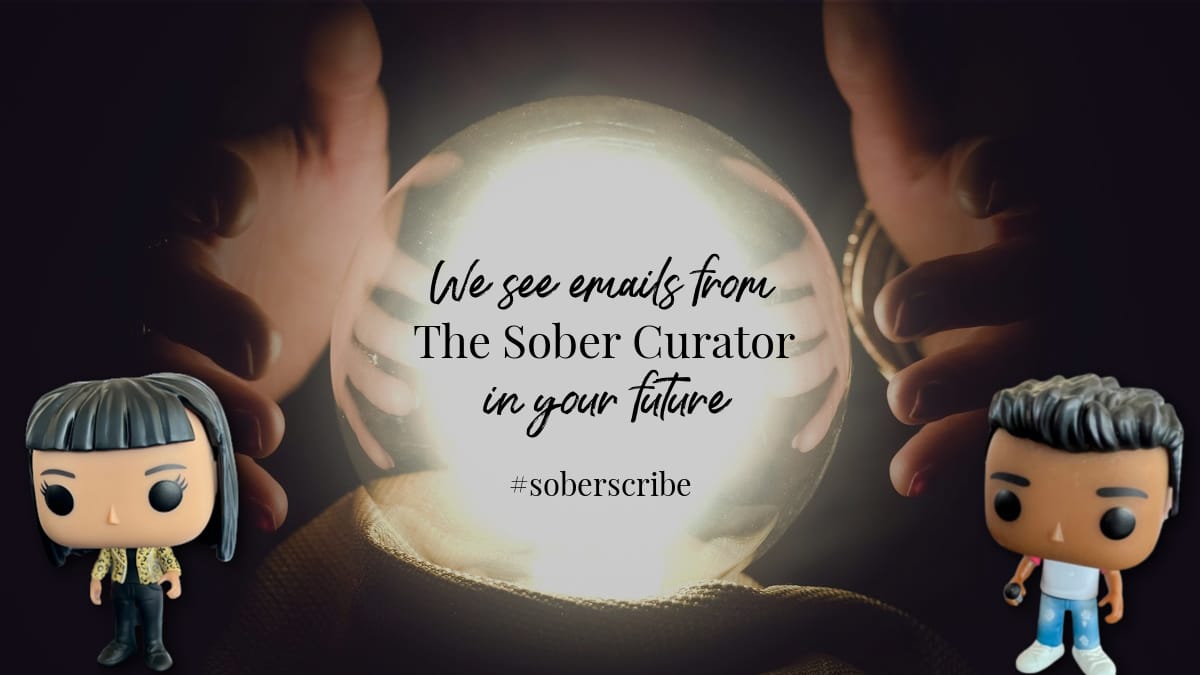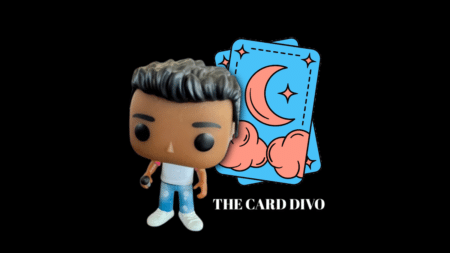
Continuing with our study of yoga philosophy, this month’s column delves into the yama, or ethical restraint, of satya.
The second of the moral restraints, or yamas, is satya, which means truth. We’re supposed to tell the truth. So, does this mean we should go around venting freely, giving voice to every thought, with no filter between lips and mind? No. Notice that satya falls under the list of restraints. This means that we speak the truth, but carefully.
If you’re familiar with the twelve steps, this may sound very familiar. In the eighth step (building on work done in previous steps), you write up a list of people to whom you need to make amends. Then in the ninth step, you make “direct amends to such people wherever possible, except when to do so would injure them or others.”
Giving thought to injury is key. Often people convince themselves that they’re telling somebody something because it’s right to tell the truth. After they tell their truth they feel free and don’t even notice they have simply transferred the burden to their confidante. Instead, satya would have us bear the burdens that are ours to bear and spare the innocents around us. This, of course, goes with the first yama, ahimsa. What good is telling the truth if it results in harming the person we tell?
Maybe you stole 100 bucks from somebody when you were wasted, then swore you hadn’t. A good amends would be to call them up, tell them the truth and send them the money back (possibly with interest). A bad amends? You don’t really need to tell an ex you lied when you said you loved them. Or that you cheated on them every time their back was turned. Hopefully they’ve since healed. You don’t need to stir up that old pain by barfing your truth all over them.
Then there’s the question of what the truth is, and how do we know what’s true. Usually, we’re speaking our opinions rather than the absolute truth. How many times have we heard somebody preface a statement with “The reality of the situation is,” only to blatantly try to pass off their opinion as fact?
Yoga teacher and author Judith Hanson Lasater recommends reframing judgments as observations. Instead of declaring someone a horrible person, we could say we’re disappointed that they stopped returning our calls, or we don’t like certain behaviors. Instead of saying our life is a disaster, we could delineate the things we want to change. This is more accurate, productive, and truthful.
It often helps to run our “truths” by a trusted friend—and not one who always agrees with us. If you’ve regularly attended 12-step meetings, you’ve probably heard some pretty wacky views on life. These are often 100% believed by the speaker. That’s why we say, “principles before personalities.” If we just went by the personalities, some meetings would have us run screaming, never to return. Addicts are not known for shipshape mental health. And sometimes we’re saner than others. So, it’s important to have a few people you trust for an occasional reality check. Just because something feels true, it doesn’t mean it is.
Then there’s the way we convey truth to others, which is usually by talking. Master yogi BKS Iyengar divides poor use of speech into four categories: abuse and obscenity, dealing in falsehoods, telling tales and ridiculing what others hold sacred. These categories are all worth pondering. A little forethought and restraint can go a long way in accurately conveying what it is we want to communicate to others.

SPIRITUAL GANGSTER: Exploring Yoga Philosophy: Understanding Ahimsa and Its Role in Sobriety and Personal Growth « The Sober Curator

SPIRITUAL GANGSTER: Welcome to the ‘Spiritual Gangster’ wing of The Sober Curator, a haven for those on a sober journey with a twist of spiritual sass. Here, we invite you to plunge headfirst into a world of meditation, astrology, and spiritual reflection – all while keeping your feet (and sobriety) firmly on the ground.
Each month, our very own Analisa Six, better known as the Lady of Leosure, graces us with ‘The Sobercast with Six.’ It’s like horoscopes, but with less hocus-pocus and more sober reality checks for the coming month. And let’s not forget Daniel G Garza, or as we affectionately call him, ‘The Card Divo.’ He delivers snappy, under-a-minute weekly sober tarot card readings that’ll have you saying, “Hit me with another round…of cards!”
The newest star of this spiritual show? That’s Derek Castleman, our resident ‘Sober Stoic.’ After finding enlightenment in the Serenity Prayer and its connection to the Steps, he realized stoicism wasn’t just about keeping a stiff upper lip – it was a roadmap for leading a fulfilling life, no matter the roll of the dice.
SOBERCAST WITH SIX brings you astrology updates from our resident astrologer, tarot card reader, and Sober Curator Contributor Analisa Six.
THE CARD DIVO brings quick-hitting and intuitive horoscopes for sober people on the go. (Seriously, 1-minute once a week)
THE SOBER STOIC Sober Curator Contributor Derek Castleman is a writer, educator, scientist, data analyst, and philosopher. Struggling with drug addiction and alcoholism for over fifteen years while at the same time suffering from being bipolar, he was finally able to achieve recovery in 2018. From mental hospitals to rehab, county jail to sober living, 12 Step Programs would be his foundation, but he would eventually discover the path of Stoicism to be the key to his sobriety and sanity.
ALTAR & EGO explores topics surrounding recovery, spirituality, and mental health. We hope you will consider this section of our site as food for your sober soul. Brought to you by Sober Curator Contributor Staci DesRault
THE DAILY LLAMA brings you short, one-word weekday meditations for your complete wool-being! Brought to you by Sober Curator Contributor Staci DesRault
SPIRITUAL SUBSTANCE Lane Kennedy’s new column, coming monthly, will explore the intersections of mindfulness, science, and spirituality.

Resources Are Available
If you or someone you know is experiencing difficulties surrounding alcoholism, addiction, or mental illness, please reach out and ask for help. People everywhere can and want to help; you just have to know where to look. And continue to look until you find what works for you. Click here for a list of regional and national resources.







